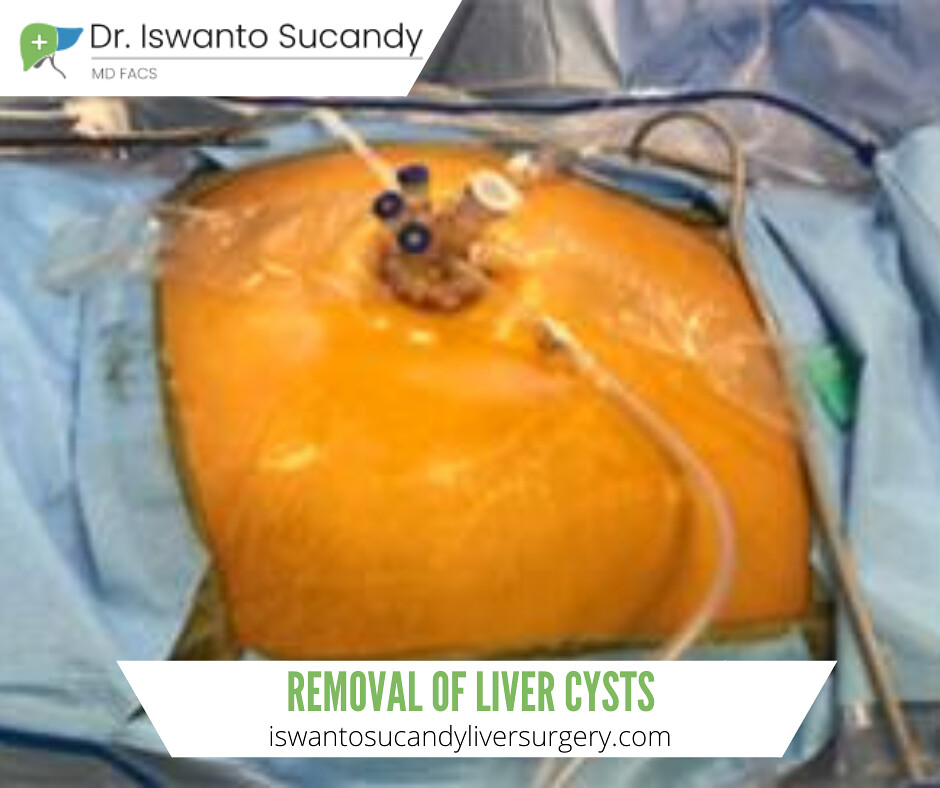
There are many different cyst treatments, and some may not even be needed. Depending on the size and location, a physician may recommend a bandage to help prevent the cyst from spreading. The bandage should be changed on a daily basis. Larger cysts may require more than one visit to a doctor, and the provider may prescribe antibiotics to prevent infection. A simple home remedy is often enough to control cyst symptoms, but in some cases, a doctor’s intervention may be necessary.
Most cysts are noncancerous, but some can be painful and require more invasive treatment. At Lumos Dermatology in the Flatiron District of Manhattan, patients receive accurate diagnosis and effective treatment. Surgical removal of a cyst is the most common treatment for a cyst, but it is also essential if the cyst is growing quickly or if it ruptures. An ultrasound may also be necessary if the swelling is causing pain.
While most cysts do not require treatment, some may require a more invasive procedure. A physician may recommend surgery if the cyst is large, or if a patient suspects the cyst is cancerous. A medical professional should be consulted if you have a persistent medical condition, or if the swelling is preventing you from working or playing. However, it is important to remember that there is no cure for all types of cysts, so it is important to seek the advice of a physician to make sure that you get the right diagnosis.
The first step in a cyst treatment is to determine the type and location of the cyst. Minor cysts are usually noncancerous, but they should be treated with care and attention. For more severe cysts, a doctor may recommend a sterile needle and drain the cyst. If you can’t get rid of the cyst by applying a warm compress, the doctor can use a sterile needle to drain it. Regardless of the type of treatment, it is important to remember that a surgical procedure will not remove the entire cyst.
Most cyst treatments are performed in an office. A doctor will perform an incision and drainage to remove the cyst and its contents. The goal is to remove the cyst and prevent it from coming back. An incision can lead to an infection and the risk of recurrence is greater. Fortunately, there are many options for treating a cyst, and you can find a dermatologist at a local practice in your area. These professionals will be able to diagnose and treat the condition.
There are several types of cyst treatment. You may not need to have surgery for a small cyst. Some of these treatments can be done at home. If you have a painful cyst, you can relieve the symptoms by applying a warm compress. Alternatively, your doctor may drain it with a sterile needle. While these methods may provide quick relief, they cannot guarantee that the cyst will not return. If you have a large cyst, you need to see a doctor.
Symptoms of cysts can range from minor to large. Symptoms can range from painless to painful swelling, but they are all treatable with the right medication. Most doctors will advise you to seek medical attention before trying any of these cyst treatments. If you have a small cyst, there are many home remedies to consider. Keeping warm compresses on the affected area can promote gradual drainage and reduce inflammation. You should never try to pop or pop a cyst on your own. You may get a scar or an infection.
A small cyst may disappear without treatment, but large cysts may require surgery to completely remove them. While some cysts will go away on their own, others will require treatment. These treatments include medications, surgery, and home remedies. In some cases, cysts disappear on their own without any treatment. Although they are not as effective as surgery, they are effective in most cases. If the cyst is painful, your doctor may recommend the options described on the site Productos de Salud.
Some of the most common treatments for cysts involve medications. Corticosteroid injections can relieve inflammation and reduce pain, while cyst surgery can remove the entire wall of cyst tissue. These surgeries may be performed for cosmetic or medical reasons, but are best left to a doctor if they have a significant impact on your life. Your doctor will recommend this treatment if your cyst is having a significant impact on your quality of life or your daily activities.
Leave a Reply